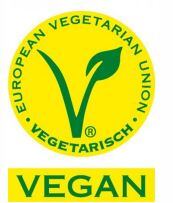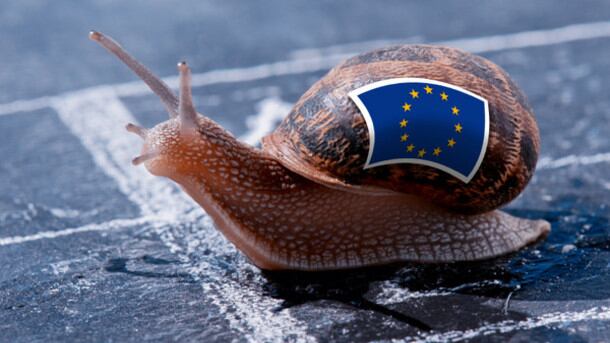Consumer protection ministers of the German federal states [Länder] unanimously voted in favour of a proposal for a legal definition of the terms vegan and vegetarian last month.
The wording of the definition was jointly and consensually developed by a Länder working group; industry lobby, the German Federation for Food Law and Food Science (Bund für Lebensmittelrecht und Lebensmittelkunde), and VEBU, the German branch of the European Vegetarian Union, which has been pushing for a definition for years.
Political assistant at VEBU, Jan Felix Domke, told FoodNavigator: “The consumer protection ministers agree on joint political positions of the federal states. They don't decide on 'proper' laws though, in this case, the proposed definition has quite some legal effect (de facto) as the ministers decided that the food control authorities within their jurisdictions will use the definition whenever they have to decide whether a food may be labelled vegan or vegetarian."
The definition
Vegan foods are not of animal origin and in which, at no stage of production and processing, use has been made of or the food has been supplemented with:
- ingredients (including additives, carriers, flavourings and enzymes)
- processing aids
- substances which are not food additives but are used in the same way and with the same purpose as processing aids
in either processed or unprocessed form that are of animal origin.
Vegetarian foods meet the requirements of paragraph 1 with the difference that in their production, the following may be added or used:
- milk,
- colostrum,
- eggs
- honey
- beeswax,
- propolis
- wool grease (including lanolin derived from the wool of living sheep or their components or derivatives)
(translation by EVU)
The definition means consumers can be sure that the products they buy are produced according to their expectations, while the legal certainty means manufacturers and retailers have a solid basis to enhance their ranges of vegan and vegetarian products, he added. “As a result, plant-based lifestyles will become easier.”
Under the proposed German definition, fruit juice clarified with gelatine or bread made with flour that has been treated with animal-based cysteine cannot be considered vegetarian.

The lack of a definition until now has resulted in a general mistrust of processed food, according to the EVU. The voluntary 'V label' helps dispel some of this mistrust - it is used by around 800 firms in Europe including Aldi, Alpro, Friesland Campina, Spar and Unilever - but there is an increasing need for clear labelling.
There are almost eight million vegetarians in Germany (around 10% of the population) and around 900,000 vegans, while a recent poll by Ipsos Mori commissioned by the British Vegan Society found the number of vegans in the UK has risen by 360% in the past 10 years.
A fragmented market and barrier to trade?
The development also sends a strong signal to the Commission “to fulfil its duty” and legislate, said VEBU. Since 2011, the EU Food Information Regulation has required the European Commission to define requirements for “information related to suitability of a food for vegetarians or vegans”, according to regulation 1169/2011), but it has so far failed to do so.
All political parties in the German parliament [the Bundestag] have voiced their support for a timely adoption of legally binding definitions by the European Commission, said Domke.
However, for Sebastián Romero Melchor, food lawyer and partner at Food Compliance International, Germany’s definition may constitute a barrier to trade unless a similar definition is adopted across the EU.

“The inaction of the Commission leads, ultimately, to obstacles to the free movement of foodstuffs in the EU. Products which are labelled as vegan or vegetarian in other member states - and which are not compliant with the definition laid down in the new German provisions - will likely be deemed misleading. This implies changes to the label and, in some cases, producers may be forced to reformulate their products to be able to enter the German market.”
Melchor said the same situation could be seen with nutrient profiles and labelling of probiotic products where the lack of action by the Commission leads to a proliferation of national schemes. “[This] runs counter the very purpose of the internal market.”
But could this be the stimulus that the Commission finally needs to act on an issue it promised to deal with over four years ago?
The EVU hopes so, and Romero Melchor is optimistic. “On a positive note, it can be expected that the German initiative prompts the Commission to finally tackle the issue and move forward with its legal obligation to enact legislation on the topic."
The Commission did not respond in time for publication of this article.
